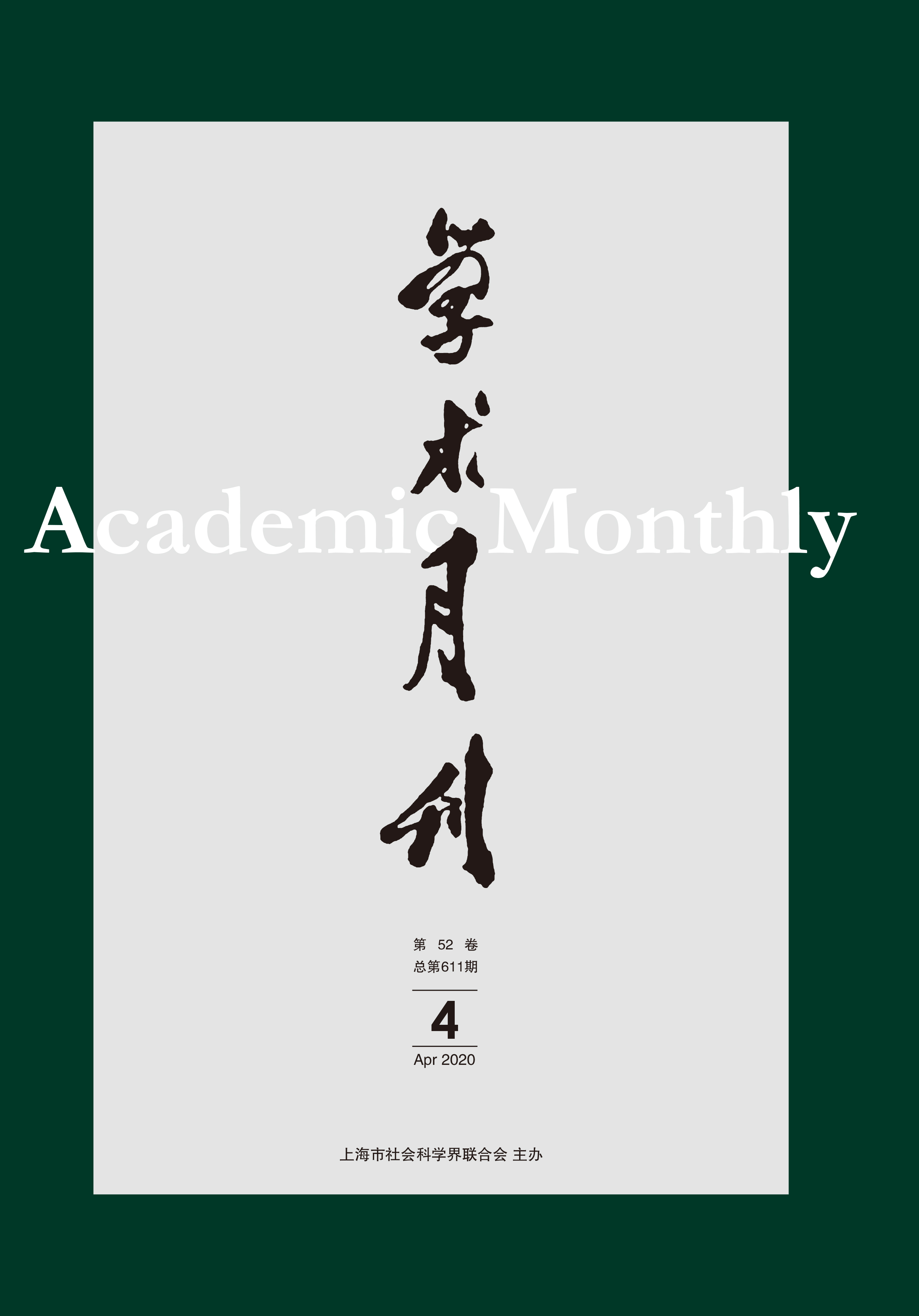“Should Monks and Taoists Make Obeisant to the Emperor and Clansman”: The Controversy Related to the Compilation of Longshuo Regulation in Reign of the Emperor Gaozong
- Available Online: 2020-04-01
Abstract: This article discusses the controversy on “should monks and taoists make obeisant to the emperor and clansman”, which occurred in the second year of Longshuo Reign of the Emperor Gaozong. Although previous researchers had pointed out that it was related to the politics of Emperor Gaozong and Empress Wu Zetian, which reflected the actual conflict between rite and law. However, they did not offer specific examples as proof. This article explains the links between Xianqing Rite (“《显庆礼》”) and the compilation of Longshuo Regulation (“龙朔修格”), as well as the importance of rite and law. Furthermore, the controversy was one of the contents of the reforms of rites and laws in the Longshuo Reign. The controversy reflected that Empress Wu Zetian had been in charge of the political affairs, and taken Buddhist ideas as her support, not only as her family relief, but also in her presidency. In addition, the controversy showed the significance of pursuing the equality of emperor and empress. This article also attempts to further prove the relevance to real politics from the intentions of different participants.



 沪公网安备 31010102003103号
沪公网安备 31010102003103号 DownLoad:
DownLoad: